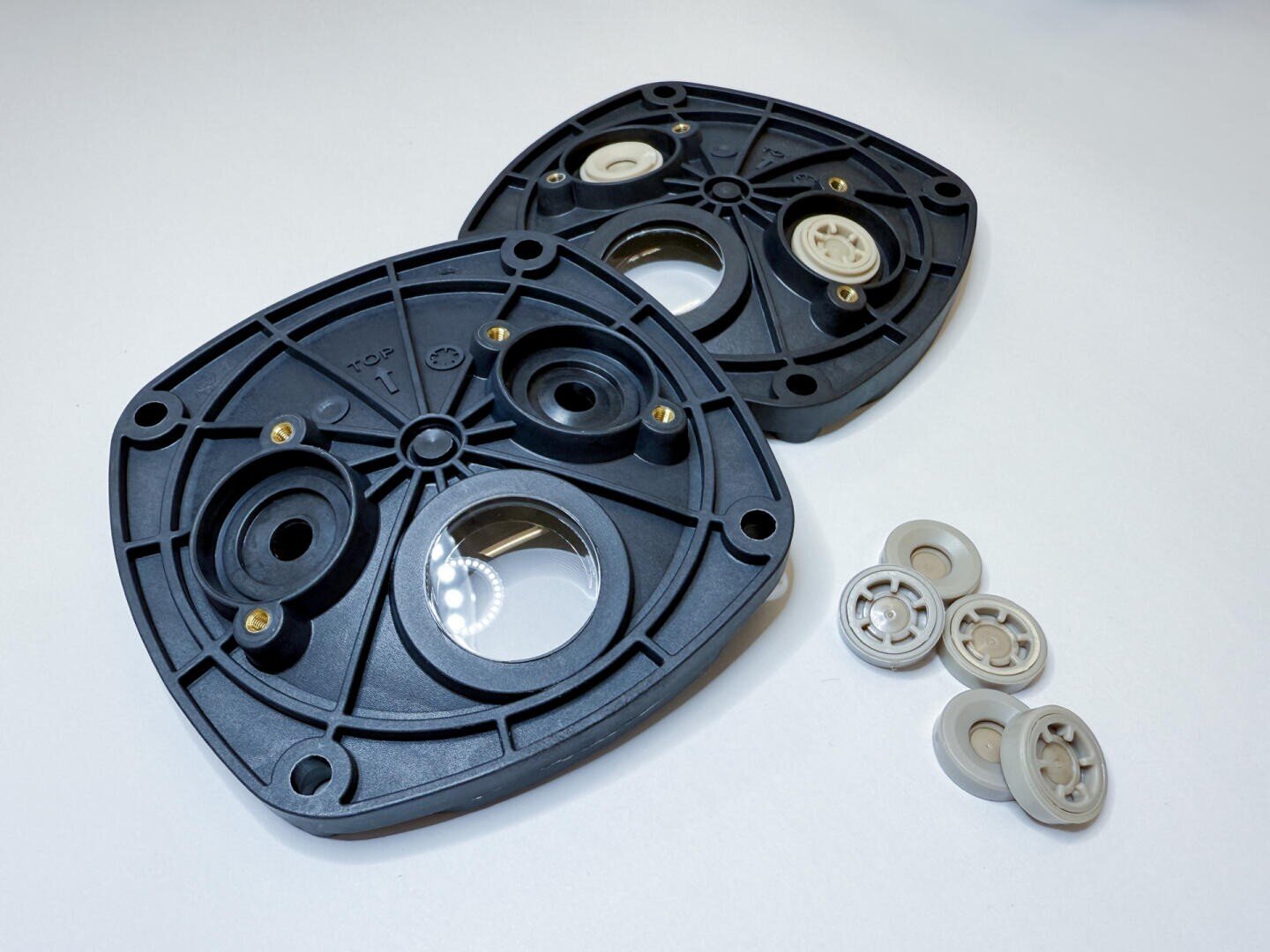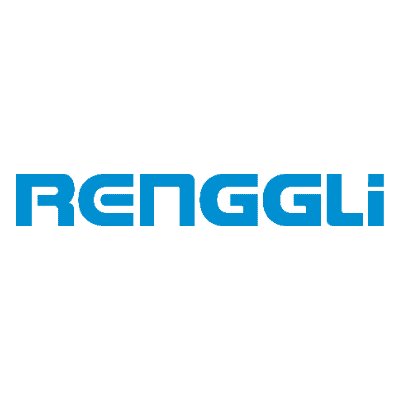
Experts in Thermoplastic Processing
Gebr. Renggli AG, based in Schaffhausen and part of the TT medic Group, processes all common thermoplastics using state-of-the-art production technologies. The company’s facilities and processes are specifically optimized for the handling of PEEK. In addition to traditional injection molding, Renggli also processes carbon fiber–reinforced PEEK, which offers enhanced mechanical stability. This expertise enables the company to successfully execute technically demanding projects and deliver customized solutions tailored to individual customer needs.
Maximum Precision in Insert Molding
One particularly advanced process is insert molding, in which borosilicate glass is placed into the mold and then overmolded with carbon fiber–reinforced PEEK. Due to the high temperatures and part wall thicknesses involved, this method is technically complex. To prevent thermal shock damage, the glass must be preheated before overmolding. Temperature differentials must be precisely matched to the thermal shock resistance of the glass. In addition, the production process demands extreme precision, as raw glass components often exhibit dimensional tolerances that must be compensated for during molding.

Importance of Process Stability
Reliable processing of PEEK depends on high cleanliness and strict control of process parameters. Given the material’s elevated processing temperatures and specific flow behavior, the design of the mold is a critical factor. Optimal thermal management and tight manufacturing tolerances are essential for consistently high product quality. With over 50 years of experience in toolmaking and injection molding, Gebr. Renggli AG brings deep technical know-how to PEEK processing.
Conclusion
PEEK’s exceptional properties open up a wide range of applications in high-tech industries. At the same time, its processing requires specialized technologies and strict process control. By applying advanced injection molding techniques such as insert molding, even complex applications can be realized. Thanks to its longstanding experience and technical expertise, Gebr. Renggli AG ensures the reliable production of high-performance PEEK components across various industries.


